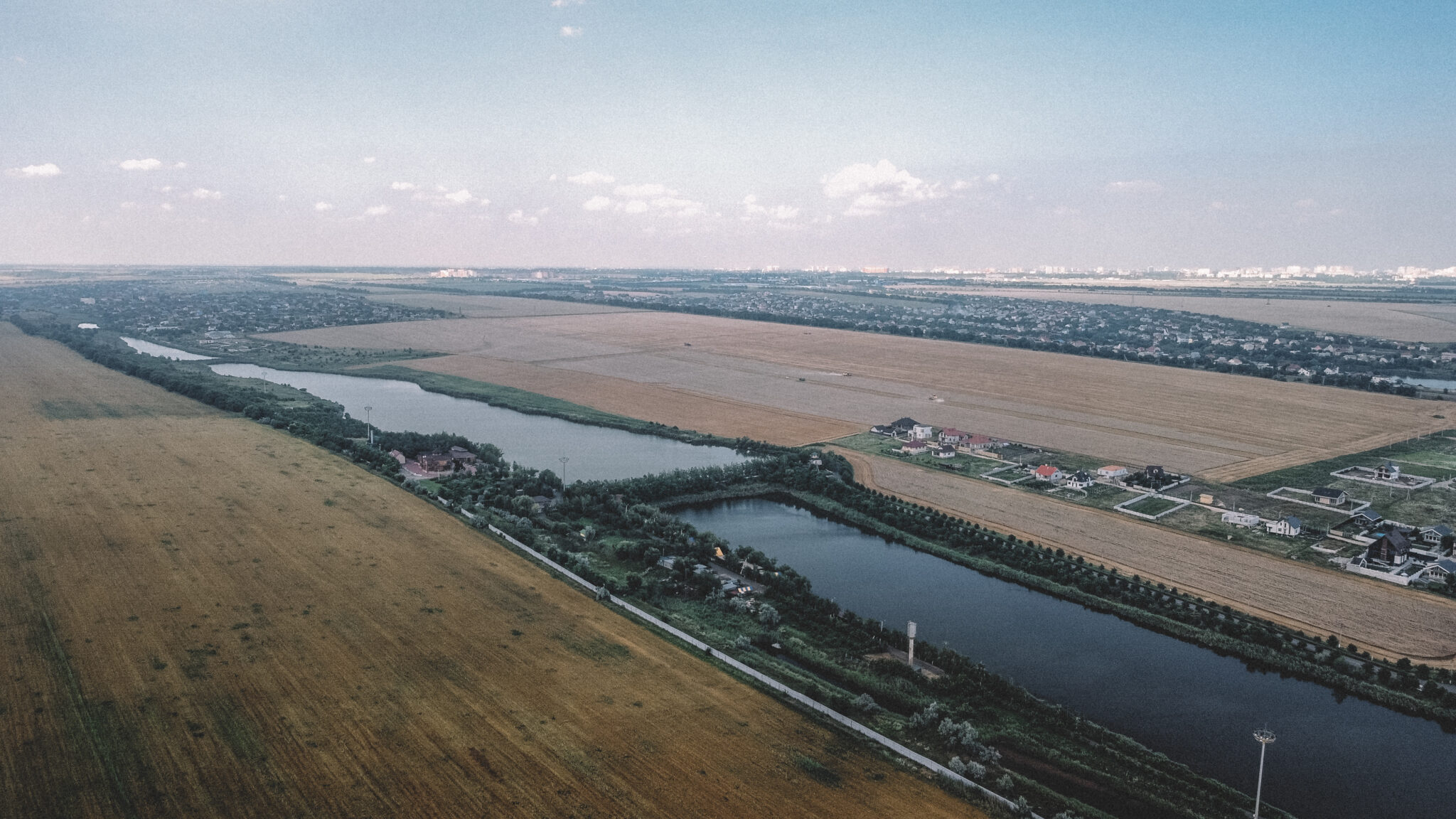The resumption of grain exports from Ukraine has partially improved the outlook for global food insecurity. But the Turkiye-mediated deal is very limited. And there are multiple barriers to Ukraine being able to export at pre-war volumes, none of which seem surmountable soon.
We also suspect there are ulterior motives behind Russia signing the agreement. Among others, being able to modulate the flow of grain means the Kremlin can influence food price volatility at will. This would afford it a far greater source of leverage against the West than just high prices.
With Russia mounting missile strikes on Odesa three times since the agreement was reached in late July, we forecast sporadic periods of dispute and disruption in the coming months. It is unlikely that Russia’s forces would directly target commercial vessels carrying grain through the Black Sea, as this would directly contravene the agreement, and so probably lead to it collapsing. But we have little doubt that Russia wants to keep exports from Ukraine (and revenue) down to a minimum. As a result, strikes on port infrastructure and grain silos – both of which seem to fall outside the deal – remain likely.
Limited deal, limited results
Russia and Ukraine have not actually signed a bilateral deal. Instead officials from both sides have signed ‘mirror’ agreements with Turkiye. This reflects the intense distrust between negotiating teams, and Russia’s continued refusal to recognise the Ukrainian government as legitimate. We would have taken a bilateral deal as an indicator that the Kremlin’s position on the Ukrainian government, and so a potential peace deal, was softening. The first ship under this agreement left on 1 August and the relevant parties have agreed to the following conditions:
- There will be limited export corridors from Odesa, Yuzhny and Chornomorsk.
- Ukraine will not demine its ports or coast en masse.
- Ukrainian vessels will escort cargo ships through designated safe routes.
- Russia will not target ports or ships while in transit.
- Turkiye will inspect ships en route to Ukraine to check they are not being used to smuggle weapons to the Ukrainian army.
- Russian exports of grain and fertiliser through the Black Sea will also be permitted.
- A joint coordination centre in Istanbul will oversee and implement the agreement.
The deal has an initial 120-day lifespan and is subject to extension if both Russia and Ukraine agree.
Prospects for exports
The pace and scale of exports from Ukraine is likely to improve in the coming weeks. While Russia’s blockade was in place, Ukraine had to rely mainly on exporting via road and recently recommissioned ports in the Danube. This came to 1.5 million tonnes a month, much lower than it could do before the war. But western officials have said the agreement will allow Ukraine to export millions of tonnes of grain stuck in Black Sea ports, and up to five million tonnes per month. This is likely to partially ease food insecurity and high prices globally; the latter has already dropped since the deal was announced.
Still, we assess that a return to pre-war export levels is highly unlikely in the near term. The first reason for this is the exclusion of the port in Mykolaiv from the agreement. Again we suspect that this was intentional from Russia. Pre-war exporting figures from January to December 2020 showed that Mykolayiv exported 28% of the total grain exports for that year, second only to ports in Odessa. In a sign of its significance, Russia has increased shelling of the city in the past fortnight. And given its proximity to ongoing intense fighting in nearby Kherson, it is highly unlikely to become a viable export destination anytime soon.
The second barrier to returning to pre-war export levels is finding insurers willing to cover commercial ships at affordable costs. Without this, exporting at scale is unlikely. This in turn is likely to be challenging because of continued Russian missile strikes on port cities. These do not violate the agreement, which only covers the direct security of export vessels and grain infrastructure. And this persistent risk is likely to inflate risk premiums on policies and so the cost of shipping, deterring commercial carriers from using export corridors.
Floating mines pose a multi-million dollar risk for operators and insurers alike. The agreement does not entail the demining of Ukrainian ports or waters, which Kyiv is reluctant to do. This means that ships must navigate comparatively narrow ‘safe’ export corridors. And even then, insurers are inevitably less than keen to cover ships sailing through still-heavily mined waters; the Financial Times cited a leading figure in the insurance industry earlier in August as saying there were concerns over the ‘accuracy of safety corridors’ as the tide in the Back Sea could move mines.
Evolving Russian strategy
There is little reason to believe that Moscow is negotiating in good faith with the exports agreement. It has not done so with Ukraine for nearly a decade. We suspect that the deal is a sign that the Kremlin has recognised that its blockade of the Black Sea did not bring the sanctions relief it wanted, or bankrupt Ukraine quick enough to stall its defence. And while high prices and food insecurity are obvious global challenges, the emergency they have caused means that countries have moved fast to diversify food imports. As one Ukrainian MP warned, ‘Putin is weaponising everything…he will definitely weaponise this’.
Instead, in our analysis the grain deal probably marks an evolution in the Kremlin’s strategy of keeping leverage against the West since the invasion. Its continued control of the flow of grain out of the Black Sea and ability to stop it at will enables it to artificially spike global food prices at strategically-useful times going forward. This potentially includes in the run-up to elections in vulnerable countries (see P-15-06-22-WW for more on this) or votes in the EU on sanctions, for example. And the resulting drop in prices since the agreement will probably slow political appetite globally for costly diversification.
A fragile deal
As such, we forecast there are likely to be frequent disputes over the agreement in the coming months, including intentionally by the Kremlin when it suits it, with probable disruption to export corridors. The deal seems to lack any real definition of what constitutes a violation and media outlets citing Ukrainian officials said it has ‘no enforcement, just promises’. This means it is likely to rely heavily on what little trust there is between Moscow and Kyiv, and the former honouring its promises. There is little incentive for Moscow to abide by its word while its troops are still fighting in Ukraine.
The most probable source of dispute and so collapse of the wider agreement is likely to be Russian missile strikes. Since the deal was announced, Russia has conducted missile strikes in or near ports, or on grain storage facilities elsewhere. Unless directly striking commercial vessels, these do not violate the agreement. But if conducted frequently, they would almost certainly deter insurers and ships from making full use of export corridors. And in any case, Kyiv has warned that if ‘Russia repeats the shelling and those who signed the Agreement cannot guarantee security, exports will not work’.
Still, Russia is unlikely to purposely target commercial vessels. This would probably immediately collapse the deal and probably incentivise western countries to impose more sanctions, for comparatively little tactical or operational benefit. But as the war progresses, Russia has relied on non-precision guided munitions with increasing frequency, meaning there remains a risk of an inadvertent strike on a commercial vessel in a port. Indeed, photographs from a missile strike on a grain silo in Odesa port showed vessels within a few hundred metres of the target of the attack.
CONTRIBUTORS: FLS/HP/HC
Image: Scenic View Of River Against Sky taken in Odessa, Ukraine







